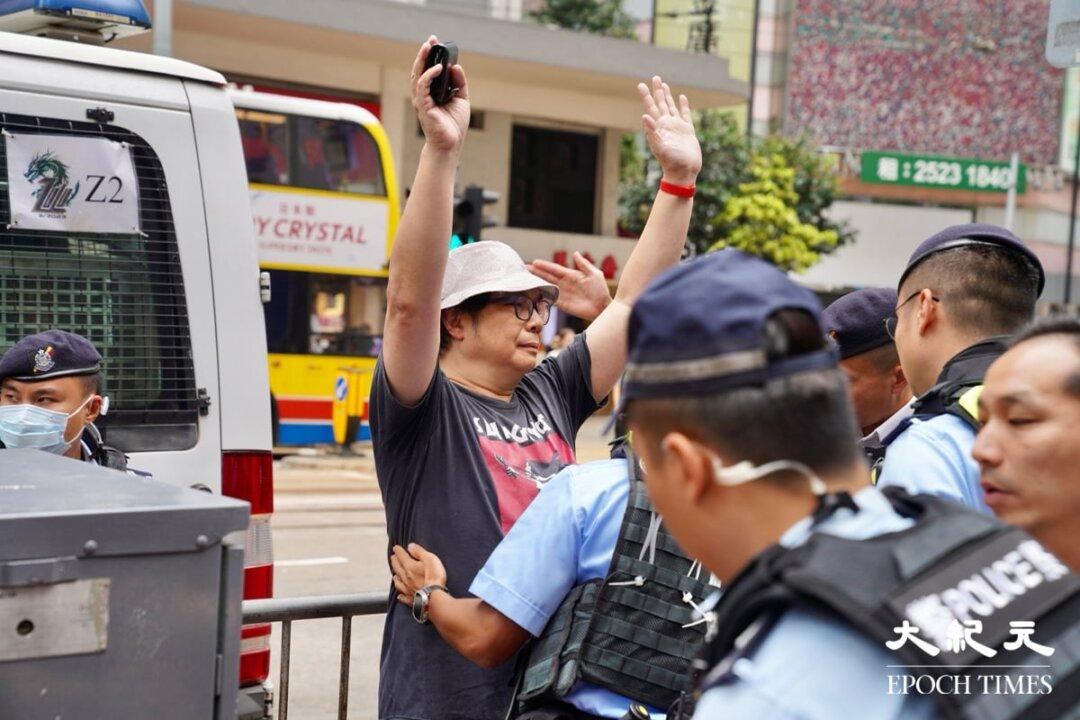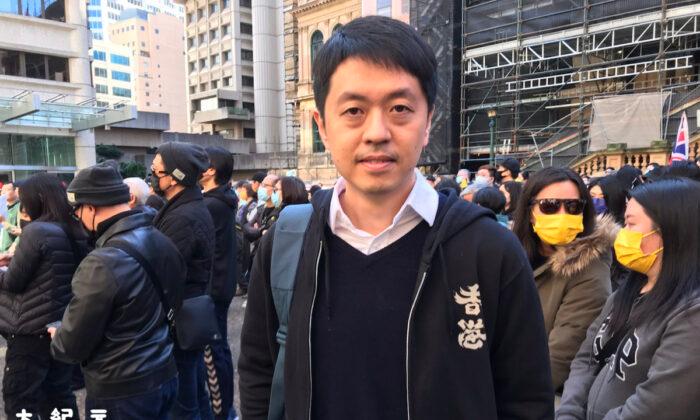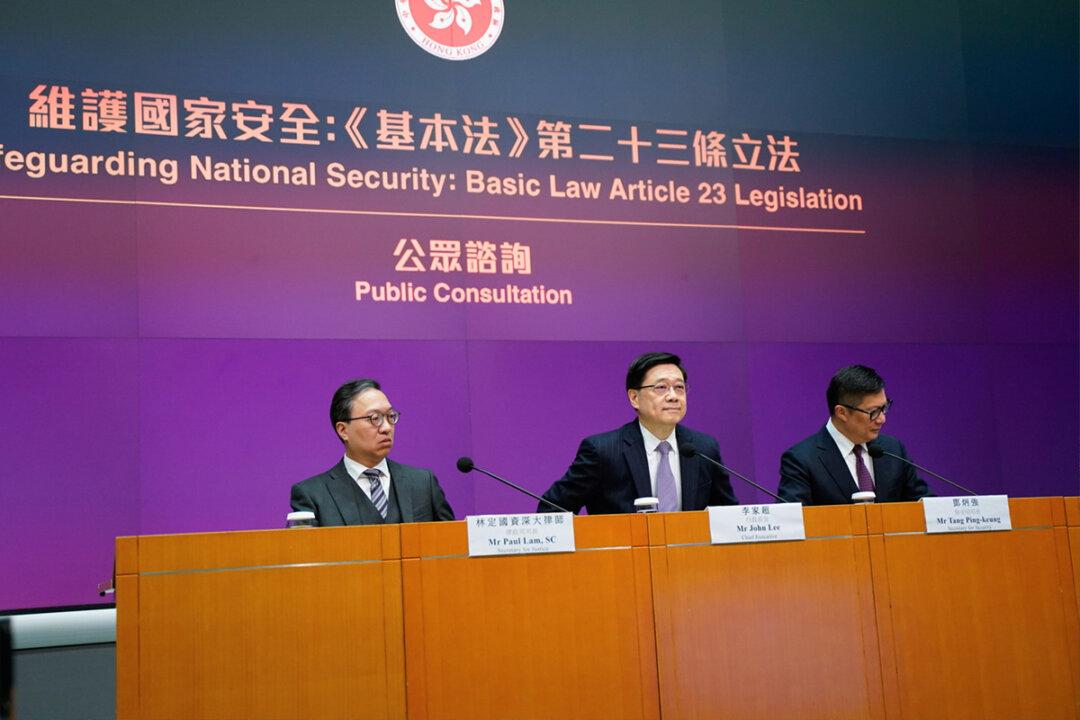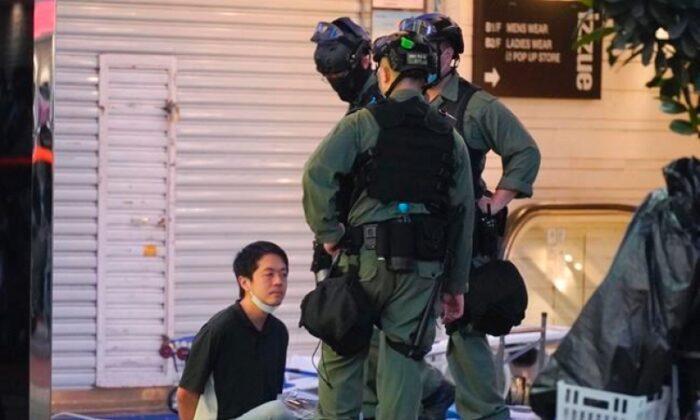On April 18, at a seminar on Hong Kong’s national security education, some teachers asked whether it would be in breach of the National Security Law (NSL) when contents of the “Cultural Revolution” were invoked during class periods. Chris Tang Ping-keung, Secretary for Security, replied that the main issue is not about the topic, it depends on whether there are criminal acts and intentions involved. If teachers and/or students fabricate facts on sensitive issues and use them to incite either anti-CCP and/or anti-HK sentiments, it will constitute an illegal act.
Going through both the History and Chinese History curriculum guidelines recommended by the Education Bureau for schools, they all include issues related to political movements such as the Cultural Revolution since the establishment (1949) of the Communist Party’s rule in China. The guidelines even put emphasis on investigating and assessing the nature of the Cultural Revolution in the Senior Secondary (Form 4 to 6) Chinese History curriculum.
The Cultural Revolution was seen as a nationwide cultural destruction campaign launched by Mao Zedong, the Chairman of the CCP, masquerading for political struggles between 1966 to 1976. It was sometimes referred to as the “Calamitous Decade” in Chinese history.
As a British colony, Hong Kong was always able to mention, in no compromised rhetoric, the reasons for the Cultural Revolution and its destruction of traditional Chinese culture in its textbooks during the past few generations. After the transfer of sovereignty, although the wording of relevant content in Hong Kong textbooks has been revised year after year, the statement of this era in history continued to keep its nature as being much more direct and detailed than that of the textbooks in mainland China.
Security Head: Illegal to Incite Anti-CCP and Anti-HK Sentiments
The seminar on April 18 was held online, and about 3,000 primary and secondary school principals, vice principals, and teachers participated. In the seminar, Tang first talked about the definition of national security and why the “Hong Kong National Security Law” was enacted and reiterated that the government had arrested 250 people for violating the NSL in the past two years to the end of March this year, of which 71 were convicted.Some teachers mentioned that sensitive content such as the Cultural Revolution will inevitably be mentioned during the teaching process, and asked whether it would touch the “red line” of national security. Tang replied that misusing or falling into the trap of violating the law due to misunderstanding does not constitute a violation of the law. However, if teachers and students use such sensitive issues to fabricate facts to incite anti-CCP and/or anti-HK sentiments, it will constitute an illegal act.
‘Red Line’ Unclear, Guideline Requires ‘Self-Awareness to Safeguard National Security’
The Hong Kong Education Bureau announced the “Guidelines on Teachers’ Professional Ethics” on Dec. 15, 2022, which explains the professional ethics and behavioral norms that teachers should have, including abiding by the rule of law, setting an example, and caring for students. Among them, “abide by the rule of law” requires teachers to “consciously safeguard national security, social order, and public interests, fulfill social responsibilities and civic duties, and actively support and promote national education.”Historian: ‘Blow Everything Out of Proportion’ Now Taken Root in HK’s Education Sector
Hans Yeung Wing-yu, a former manager of the assessment and development department of the Hong Kong Examinations and Assessment Bureau and a scholar who proposed questions for the history subject of the HKDSE, pointed out to the Epoch Times that Tang’s statement during the seminar could hardly relieve the teachers’ worries. He pointed out that the red line is not based on facts but on “intentions.” In other words, judgment on right or wrong is based on subjective wishes and officials’ will, and complaints against teachers are handled according to political needs.Yeung gave an example. In the past few years, during the various cases when teachers were disqualified, “all of them were executed indiscriminately based on politics rather than professional judgment.” For instance, one Liberal Studies teacher at Sik Sik Yuen Ho Lap Primary School was penalized after making a mistake about the Opium War (also known as The Anglo-Chinese War).
A Hong Kong primary school teacher who gave pupils a factually incorrect account of the Sino-British Opium War was barred from the profession on Nov. 12, 2020.
Another Liberal Studies teacher at Lung Cheung Government Secondary School was accused of “using inappropriate and biased teaching materials” after screening “Hong Kong Connection” in class. He believes that the ramification of the Lung Cheung case is particularly important. “It is strange that ”Hong Kong Connection,“ even being a production of a public TV station, introducing and discussing international and local issues of interest to Hong Kong people, can be banned from being used as teaching material. This shows that even if the teaching meets all social expectations, it can still be nailed down at any time.”
Yeung said that the culture of “Blowing everything out of proportion” has taken root in Hong Kong’s education sector. Hong Kong teachers now certainly become aware that teaching anything about China and Hong Kong could violate the NSL at any time, so it is better to avoid it. If you really need to teach it, do it according to those stated (word by word) in the textbooks. “In the past, teachers used to design supplementary materials and exercises by themselves, but now that has almost disappeared.
Topics Like the Cultural Revolution Still Remain in History and Chinese History Curricula
Going through the current guidelines displayed on the website of the Hong Kong Education Bureau, the Chinese History Curriculum for Secondary 1 to 3, Chinese History and History Curriculum Guidelines for Secondary 4 to 6, all topics involving the political movements since the founding of the CCP’s rule in China including the “Cultural Revolution” are still there. In particular, the Chinese History Curriculum and Assessment Guidelines for Secondary 4 to 6 have the most specific descriptions of those related topics.The guidelines were jointly compiled by the Curriculum Development Council and the Hong Kong Examinations and Assessment Authority, and then recommended by the Education Bureau for schools, and updated in November 2015. When it comes to studying the history of the period “from the founding of Communist China to the end of the 20th century,” it is divided into four major topics, including ”socialism construction“ and ”cultural revolution.”
CCP’s Alteration of History Led to a New ‘Red Line’
Yeung said that Hong Kong has always taught the history of the Cultural Revolution based on historical facts. The Sixth Plenary Session of the Eleventh Central Committee of the CCP adopted a version as a “resolution on certain historical issues of the party since the founding of the PRC” to completely revoke the Cultural Revolution. But the recent edition of history textbooks in mainland China has recast the Cultural Revolution as ten years of “difficult exploration of socialism,” effectively turning the image of the event from negative to one of perceived affirmation.”According to a section of “Knowledge about the Party” on the Party School of the CCP News Online, referring to the reasons for the Cultural Revolution, there is such a description, “On the point about what is socialism...the party and Mao Zedong have not fully figured out for a long time... on how to carry out socialism development, our party has been exploring continuously.”
Yeung believes that this is Xi Jinping’s “ideological preparation” to take the old socialist road again at any time, thus forming a new red line for history teaching. “Any criticism toward Mao or CCP could well be construed as alluding the authority, an act of mocking the present by satirizing the past. All such fears could constitute new concerns in the breach of the NSL.”




